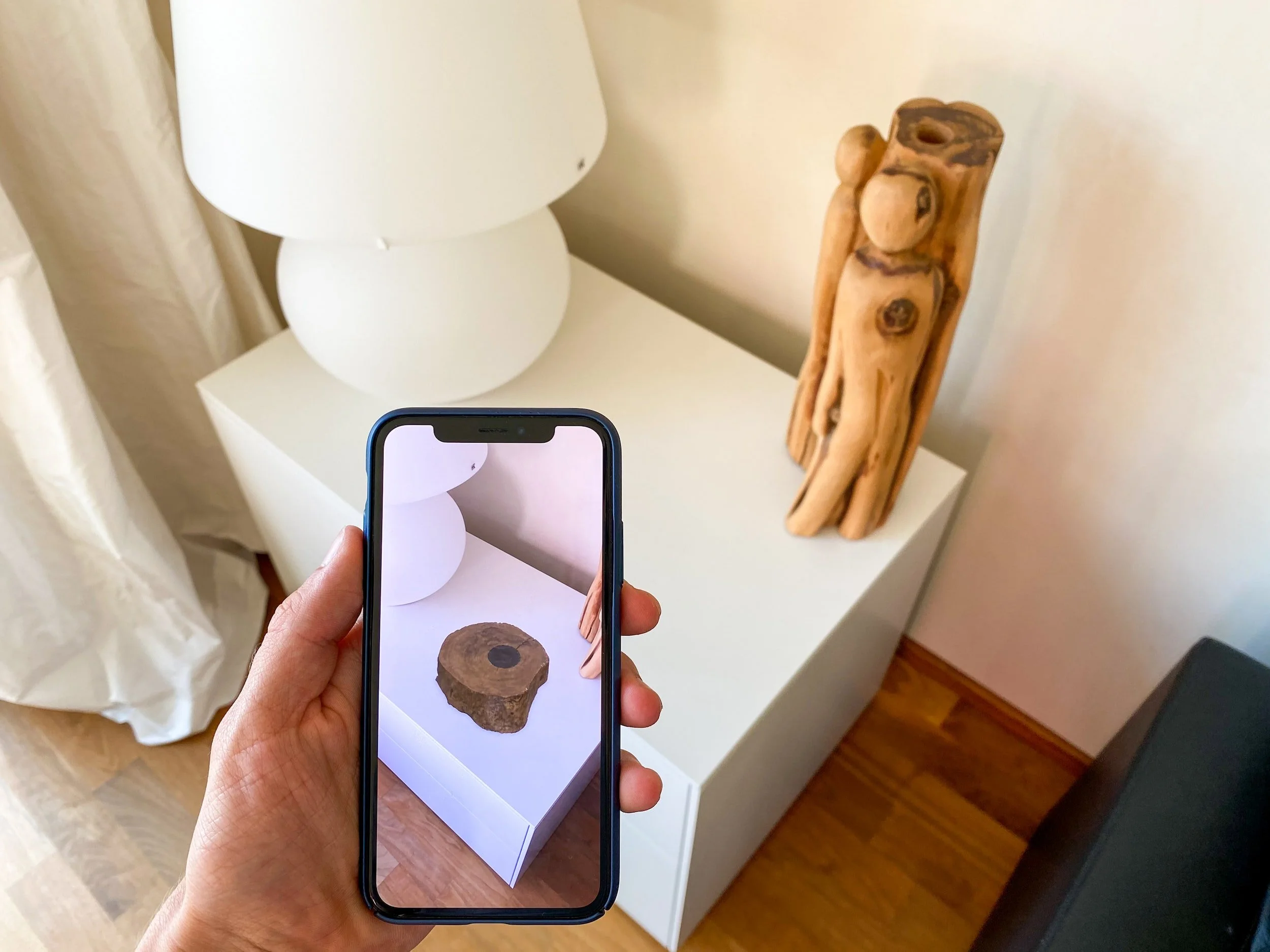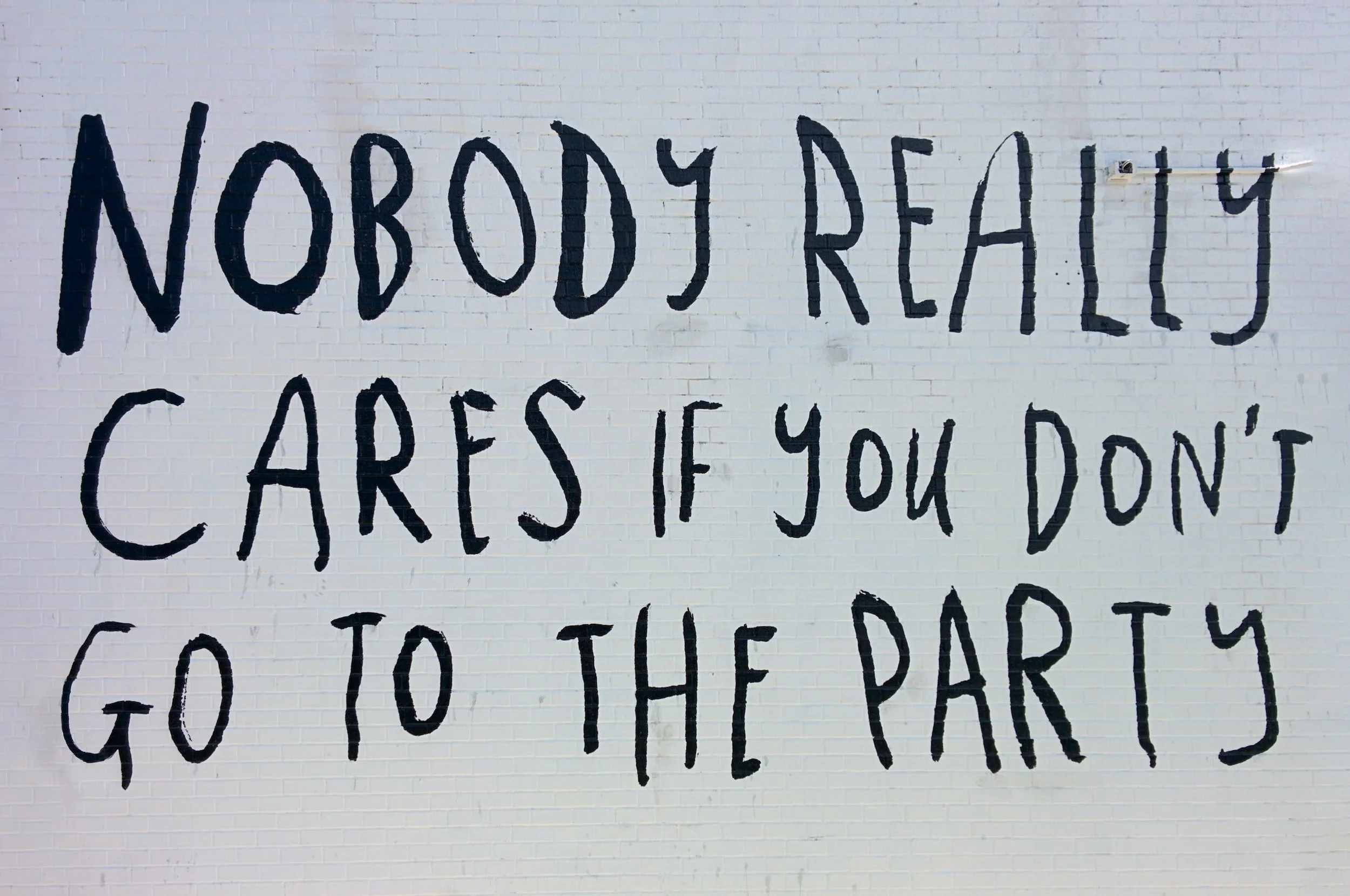
You don’t just teach, you inspire.
When I think about the time when I was a bachelor and master student myself, I realize something: The lecture topics and teachers that I still remember best are the ones that actually affected my life outside the classroom. It’s the teachers that inspired me to read a specific book in the evening on the couch, it’s the topics that I felt like having another conversation about with my friends and family over dinner, it’s the interests that developed into what I am researching today - three years after my master graduation. So, when I now stand in the classroom myself, I know that not everything I say will reach everyone. Not everyone will read the book I recommend, will have that dinner conversation, or will choose that specific topic for their thesis. But, perhaps there is one person in the room that does. Who knows.
Efforts to inspire learning outside the classroom are never wasted in my eyes.
So, I try.
Master theses I previously supervised
-

Instagram use and partner-body dissatisfaction
-

AR product presentation and shopping experience
-

Instagram use and the experience of FoMo
Course I co-developed
-

Communication in the Digital Society - Theories & Challenges (Minor, B.Sc.)
In this Minor we aim to teach our students how today’s digital technologies impact the way we learn, work, enjoy, and connect with others in everyday life. Hereby we focus on communication in the broad sense - encompassing marketing, health, entertainment, politics and news. Throughout the minor, our main approach is to allow students to learn by doing – and as such students get familiar with the programming language Python and its application in computational communication science specifically. In the theory module, we lay the theoretical foundation to understand and critically reflect upon recent digital developments. What existing theories within the field of communication science can be used to understand, for instance, the influence of news recommender systems or the impact of ChatGPT on society? What ethical aspects must be considered when algorithms are used to personalize media content? Those are key questions that we discuss in interactive sessions.
Courses I taught
-

Tutor: Introduction to Communication Science (B.Sc.)
In two weekly tutorial sessions that thematically belong to the introductory lecture to the Bachelor program in Communication Science, I supported students in two main areas of their study:
(1) Understanding key theories in the field of communication science (e.g., Cultivation Theory, Media Ecology, Cultural Studies, Elaboration-Likelihood Model, etc.).
(2) Working scientifically (e.g., empirical cycle, APA citations, structure of arguments, etc.). -

Teaching Assistant: Digital Media Lifestyles (M.Sc.)
In two weekly sessions (one lecture, one practical tutorial) of this elective seminar within the 1-year Master in Communication Science, students learned about the ways that digital media are being used throughout today’s life. In a hands-on project, students developed a new digital media product for a specific target audience and topic following principles of user-centered design. This elective seminar provides students the opportunity to practice skills that are critical for both, commercial and nonprofit sectors careers. I supported the main teachers in the organization, hybrid lecturing, and assessment of this class.
-

Tutor: Entertainment Communication (B.Sc.)
In one weekly tutorial session that thematically belongs to the main lecture on Entertainment within the Bachelor program in Communication Science, I supported students in two main areas of their study:
(1) Understanding key theories and empirical findings in the entertainment field (e.g., paradigms from media psychology, mechanisms of the entertainment industry, behavioral media effects on individuals and soceity).
(2) Conceptualizing a research idea (i.e., research proposal) including a mediation or moderation model and developing a media product (i.e., movie trailer).
„Teaching is only demonstrating that it is possible.
Learning is making it possible for yourself.“
— Paulo Coelho